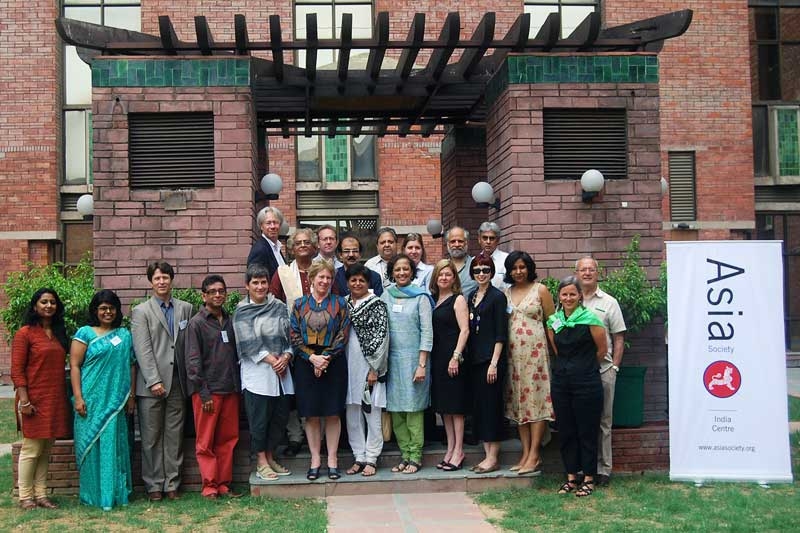New Models for Indo-US Cultural Collaboration

Note: the following is excerpted from the Asia Society Special Report New Models for Indo-US Cultural Collaboration: Professional Insights and Future Recommendations, released in January 2012.
The report condenses the findings of Asia Society's June 2011 New Delhi conference on this subject, the Asia Society Conference on Indo-U.S. Cultural Exchange.
Introduction: Why Now?
During the past 20 years, there has been a seismic shift that intensifies the promise of cultural collaboration between India and the USA. The Asian-American relationship is stronger than ever, and India in particular is often singled out as one of the key players in a new world order. Considering the shared values of democracy and long history of Indian immigration to the USA, it is ironic that the collaborative projects between the two countries are few and far between. Globalization and mobility of world capital, combined with the digital revolution, have ushered in radically altered conditions of communications and financial distribution.
On the horizon, it is clear that expanding cultures will be more knowledge-based than object-based, as the Internet has engendered new proximities of awareness that are both jarring and full of potential. Within the past five years, technology has improved such that most younger and middle-aged cultural professionals in both countries enjoy steady access to the Internet and employ digital tools as a normal part of their daily routines. India's growing strength in both the financial and political arenas will impact future projects in terms of parity, equity and compromise. Whereas India enjoys a favorable economic forecast overall, the USA's economic slowdown has had a detrimental effect on arts funding.
The time is ripe for new cultural partnerships. There is heightened desire and curiosity on both sides to engage with one another's cultures, to generate new project models that encourage relationships of parity, to develop models for collaboration that promise the whole will be greater than the sum of its parts.
Related links:
Asia Society Conference on Indo-U.S. Cultural Exchange
Bios of Conference participants
Text of Homi K. Bhabha's keynote address
Video:
Homi K. Bhabha, Ranvir Shah, Joseph Melillo and Olga Garay discuss new models for U.S.-Indian cultural collaboration in the 21st century. (6 min., 6 sec.)
